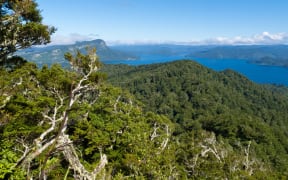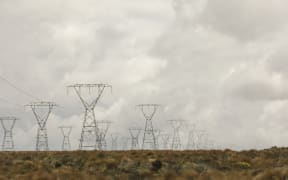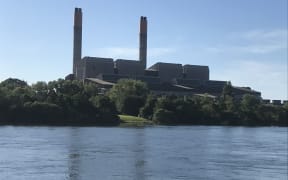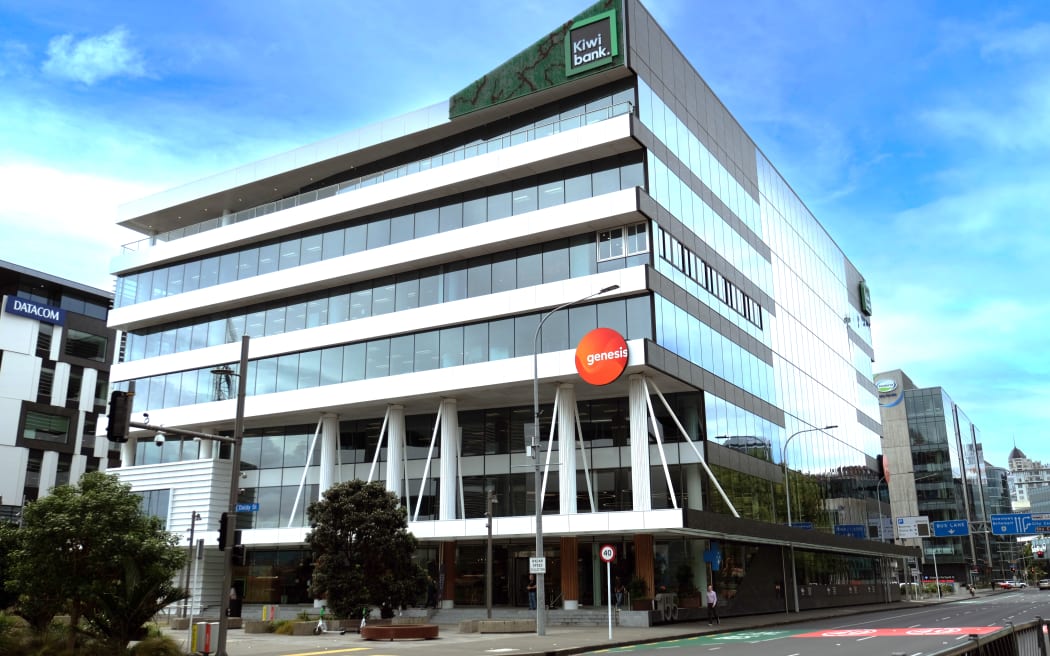
(file image) Photo: Supplied
Power company Genesis Energy's half-year profit fell 73 percent on the back of the higher cost of generation, an outage at its major Huntly station, and lower gas production.
Key numbers for the six months ended December compared with a year ago:
- Net profit $38.3 million versus $145m
- Revenue $1.37 billion versus $1.15b
- EBITDAF $202.1m versus $298m*
- Interim dividend 6.75 cents per share versus 8.8 cents per share
*Earnings before interest, tax, depreciation, amortisation, fair value - a measure of operating earnings.
Genesis earnings fell from the previous year's record level, which were boosted by high lake levels allowing cheaper generation, as it contended with a rise in operating costs and the outage of a key unit at its coal and gas fired Huntly station.
Chief executive Malcolm Johns said hydro lakes have returned to more normal levels, but it had meant higher usage of the more expensive coal and gas fired units, which would be bolstered by the return of the major Unit 5 after a breakdown last year.
"We look ahead to winter with some caution. National hydro storage is fluctuating and gas supply is likely to be tight. Our thermal assets may again be relied upon to support the wholesale market, reiterating the importance of gas as a transition fuel, and of Huntly Power Station in providing security of supply."
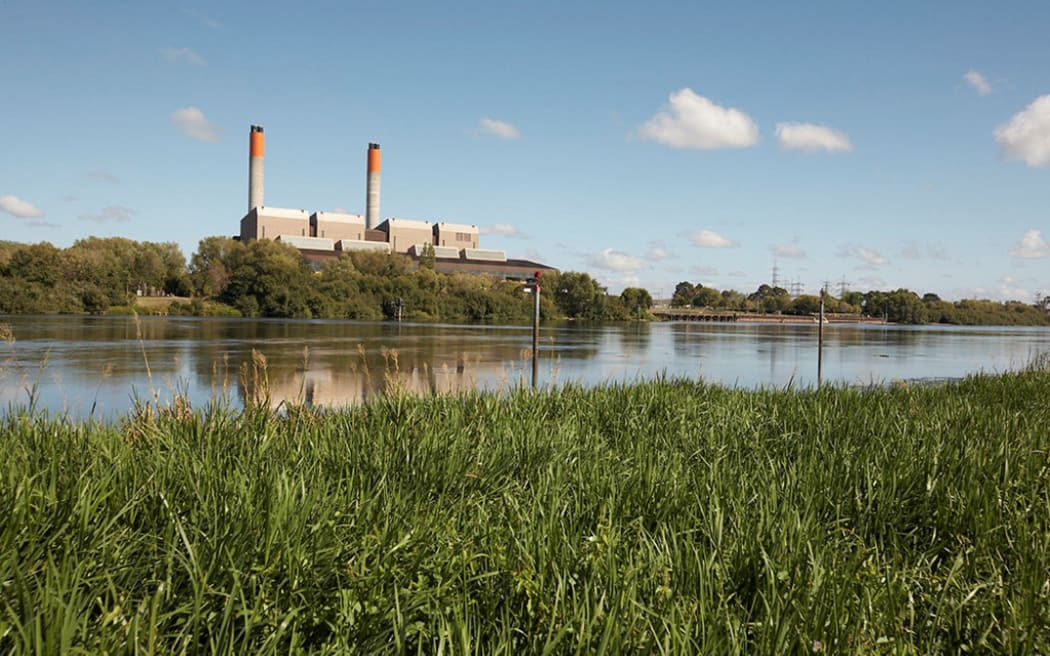
Genesis Energy's coal and gas fired Huntly station. Photo: GENESIS ENERGY
Customer numbers increased for Genesis's main brand and its Frank offshoot, along with growth in electric vehicle connections.
Last year, the company outlined a plan to spend more than a billion dollars on renewable energy projects over the next decade, but reaffirmed that Huntly would be needed for some time to provide back up power supply to meet peak demand.
It has said it will use earnings from its Kupe gas field to support a $1.1b programme of wind and solar farms, and big battery storage systems, with the aim of producing 95 percent of generation from renewable electricity.
The company cut its dividend in line with a new policy aimed at increasing earnings over the next three years.
